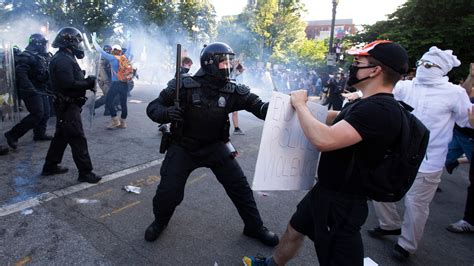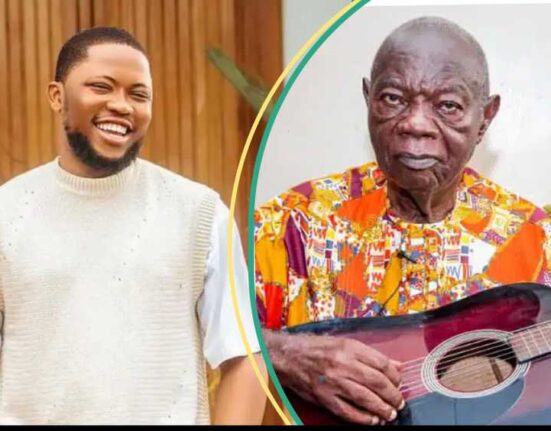Nigerian actress and media personality Lolo recently shared her thoughts on the dispersal of protesters in Abuja, sparking a conversation about the delicate balance between maintaining public order and respecting citizens’ rights to peaceful assembly.
As news of security forces using tear gas canisters to disperse demonstrators from the Take-It-Back Movement and other civil society organizations circulated, Lolo raised poignant questions about the necessity and proportionality of such force. In a democracy, where freedom of expression is fundamental, she pondered whether the show of force was justified given that the protestors were reportedly unarmed and non-violent.
“Citizens have a right to peacefully gather; it’s their constitutional right,”
Lolo emphasized. She highlighted that peaceful demonstrations serve as an essential pillar of democracy, giving voice to concerns, advocating for change, and fostering civic engagement. Therefore, she questioned whether resorting to tear gas against individuals exercising their democratic rights was an overly aggressive response.
In her reflection on the events unfolding in Abuja, Lolo expressed skepticism about the need for force when faced with a group engaging in peaceful chants rather than violent actions.
“Even if they were chanting, it’s just words. Not like their words turn into bullets,”
she remarked thoughtfully. The discrepancy between verbal expressions and physical threats led her to ponder whether there was credible evidence justifying the preemptive use of tear gas.
The protest that swept across Nigeria sought redress for perceived injustices stemming from alleged misapplications of laws like the Cybercrime Act alongside worsening economic conditions. Collaborating with various civil society organizations underscored the shared concerns regarding potential misuse of legislation intended for cybersecurity as a tool for quelling dissent and curbing free speech within the country.
Beyond questioning law enforcement tactics during protests, Lolo’s commentary underscores broader issues surrounding governmental responses to dissent. Her stance resonates with advocates who champion civil liberties while navigating complex socio-political landscapes where activism intersects with authority.
As discussions continue regarding citizen rights versus state control dynamics in public demonstrations like those witnessed in Abuja, voices like Lolo’s contribute valuable perspectives towards fostering dialogue on balancing security imperatives with upholding fundamental freedoms within democratic societies.









Leave feedback about this